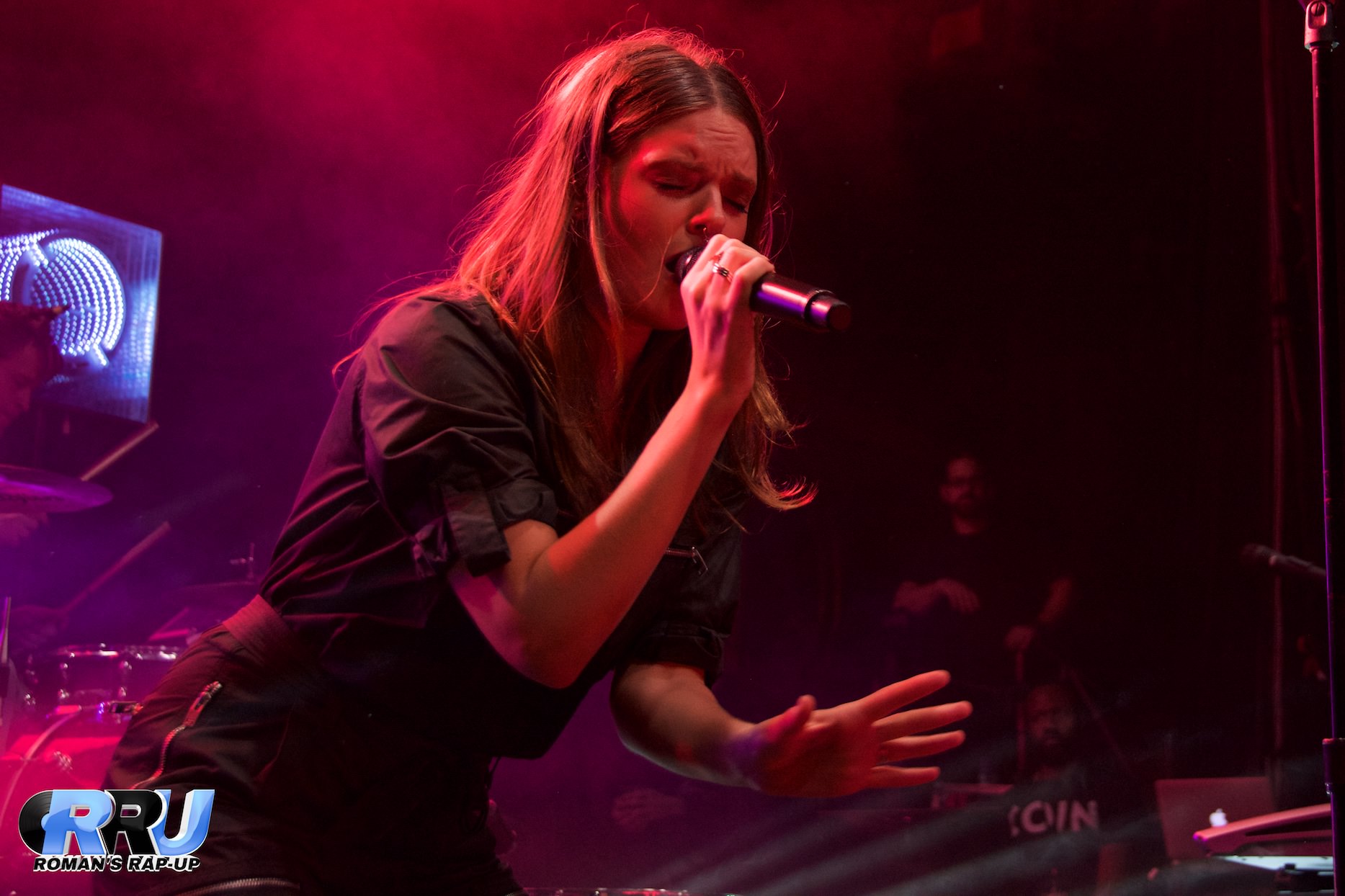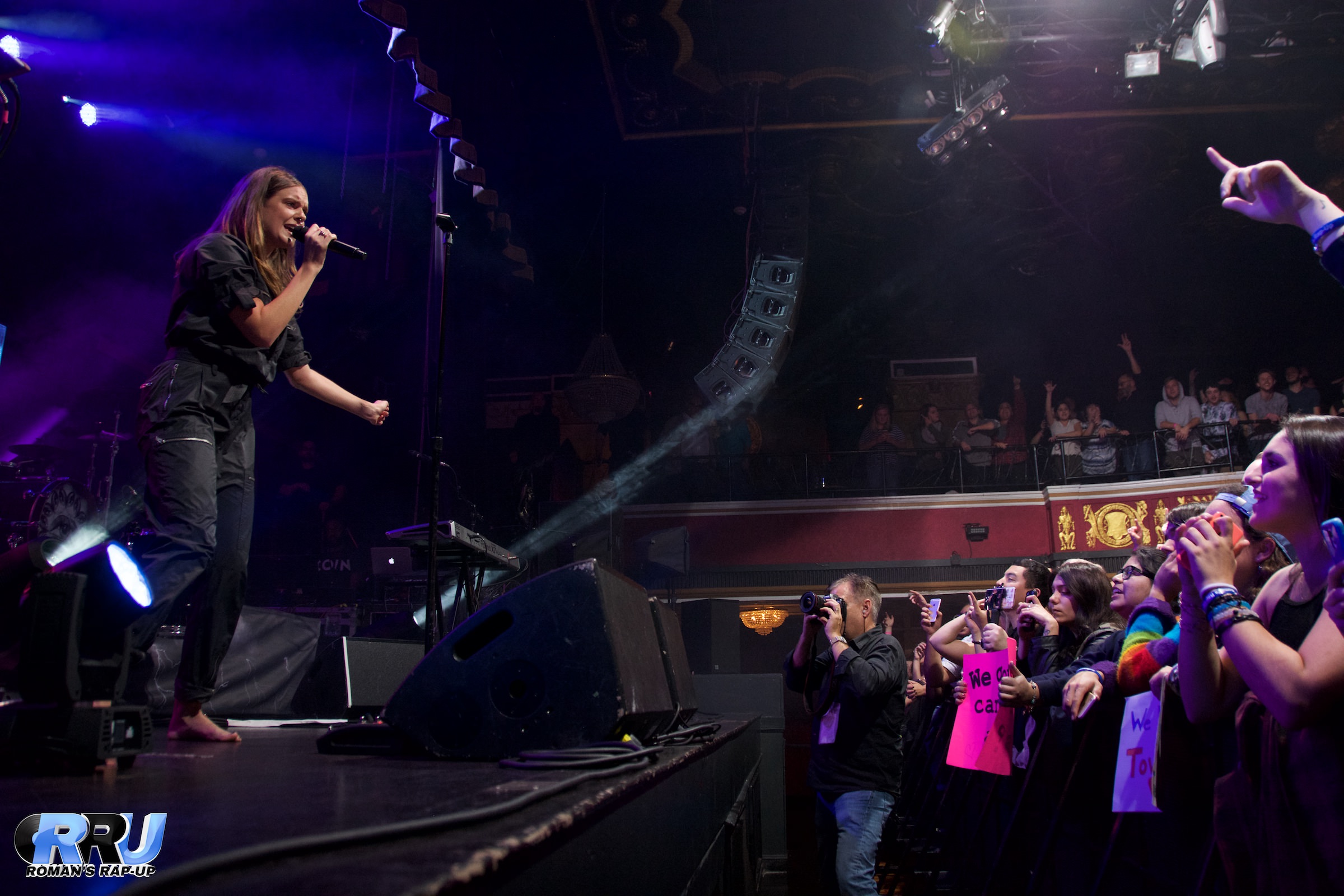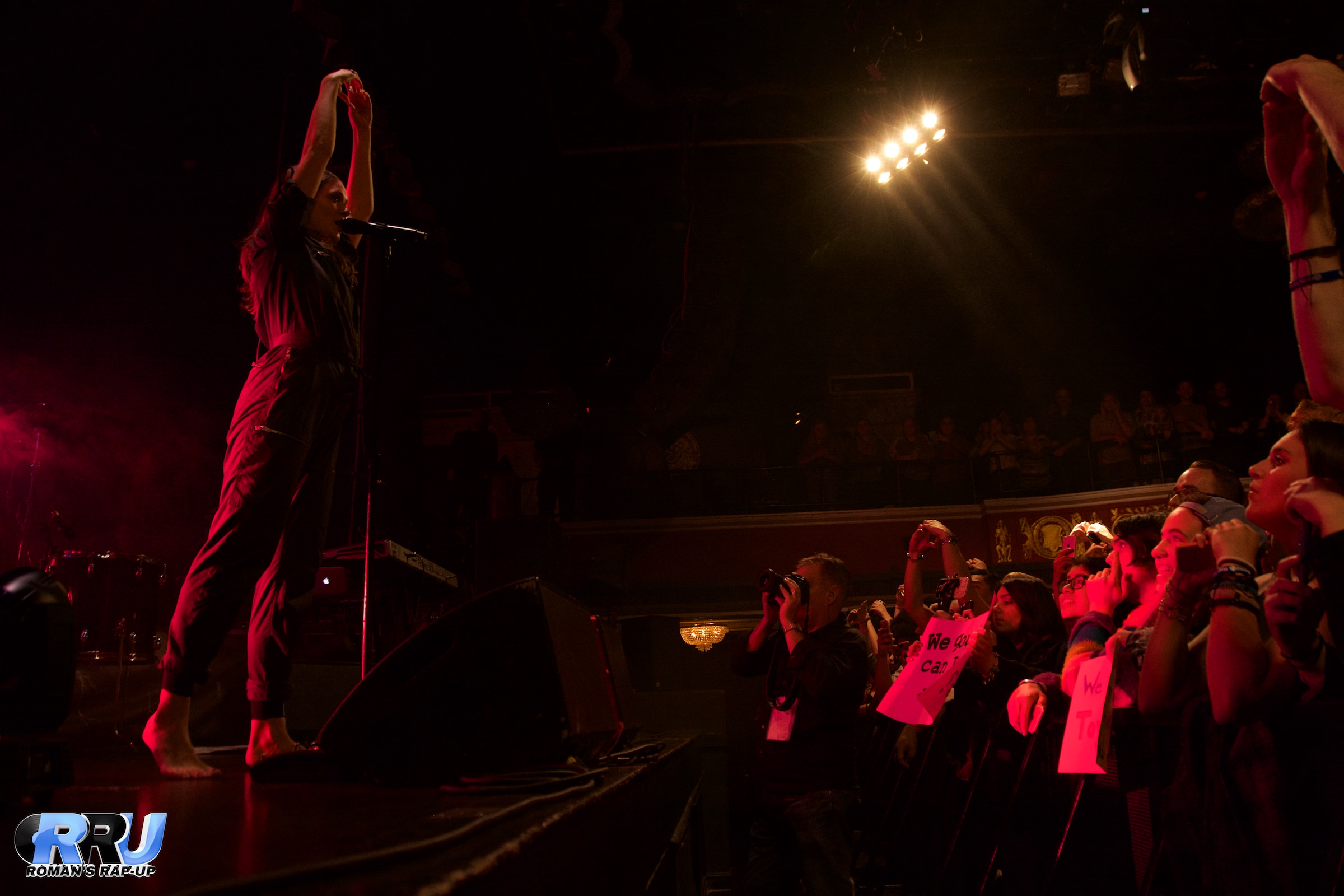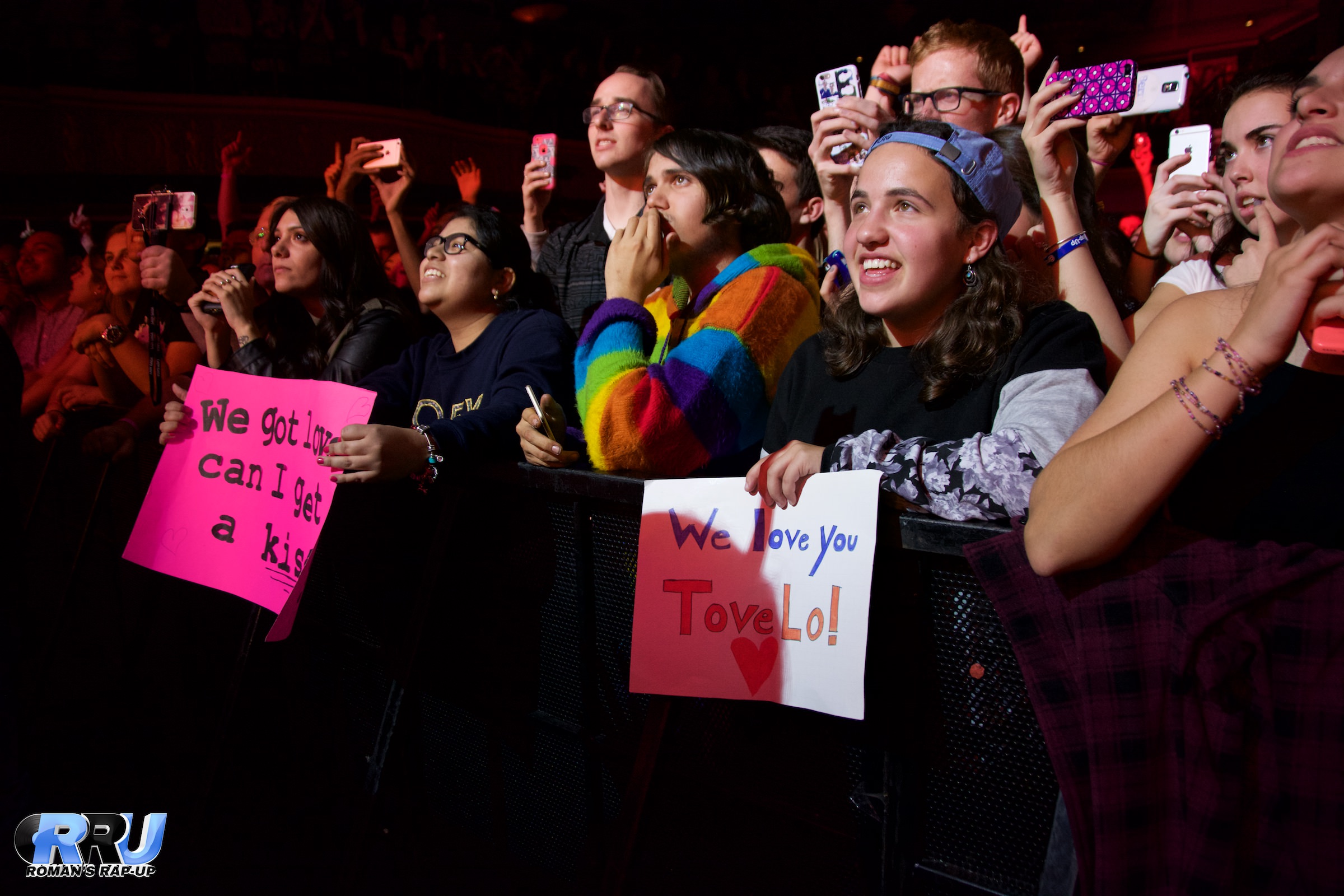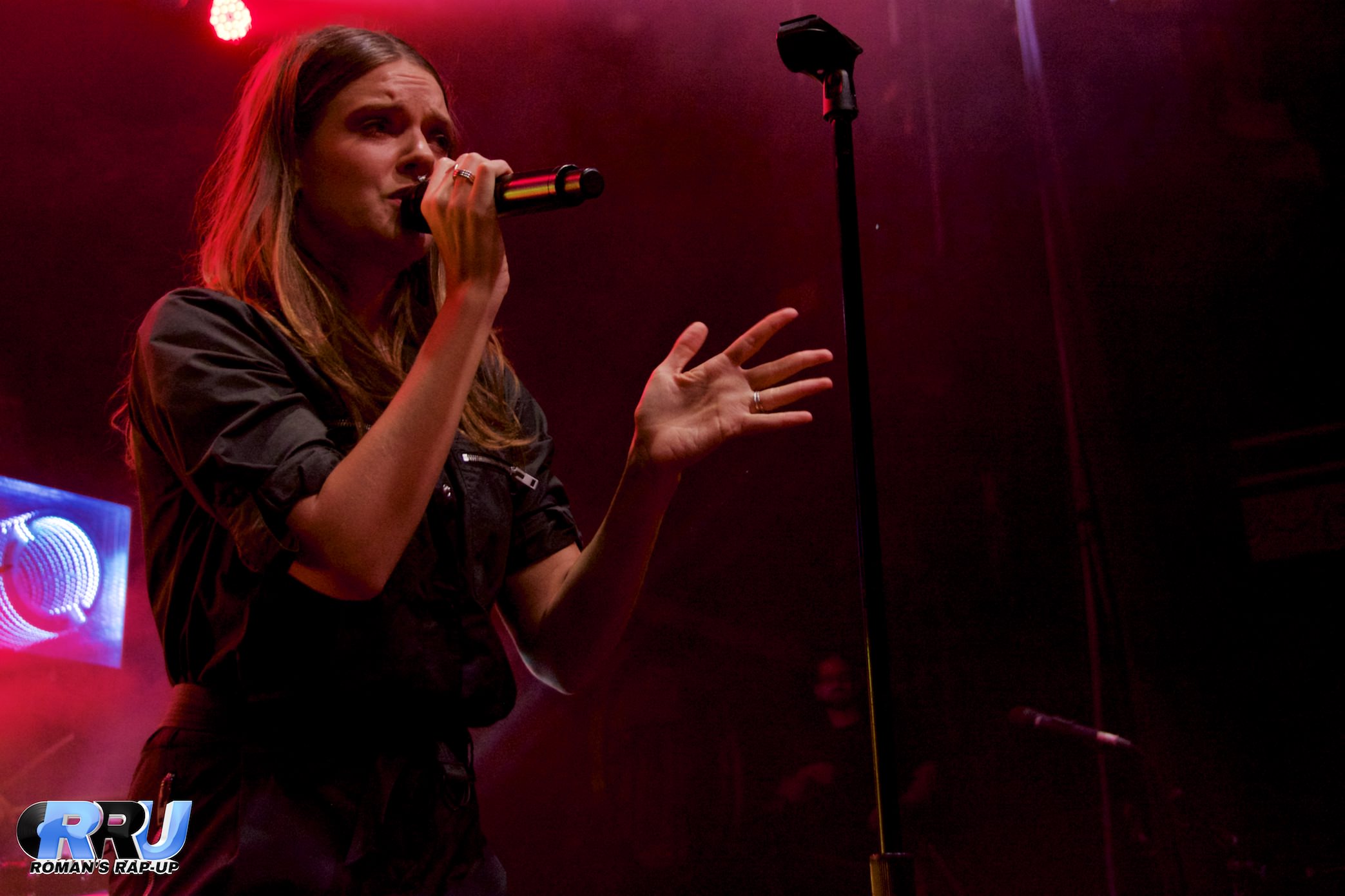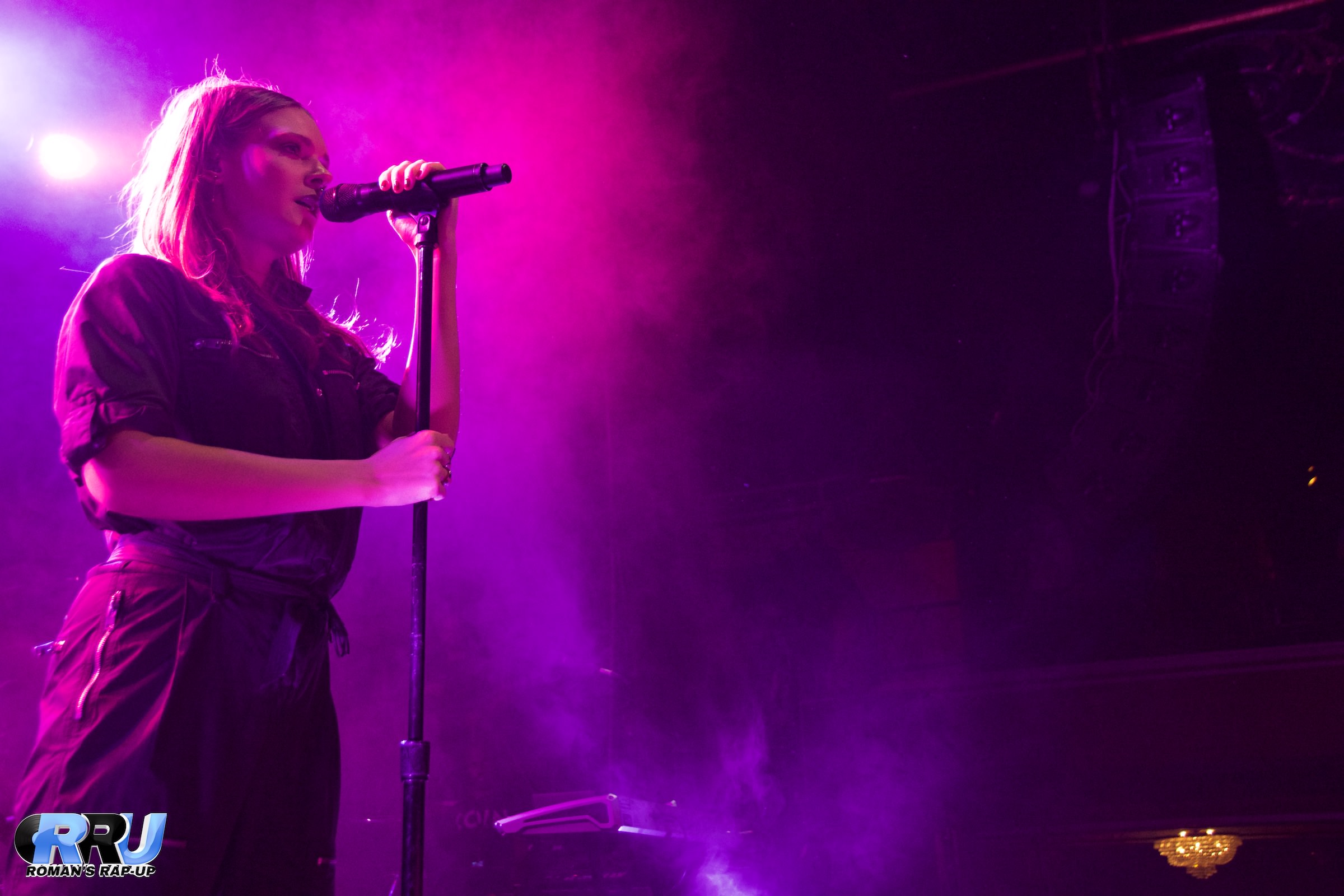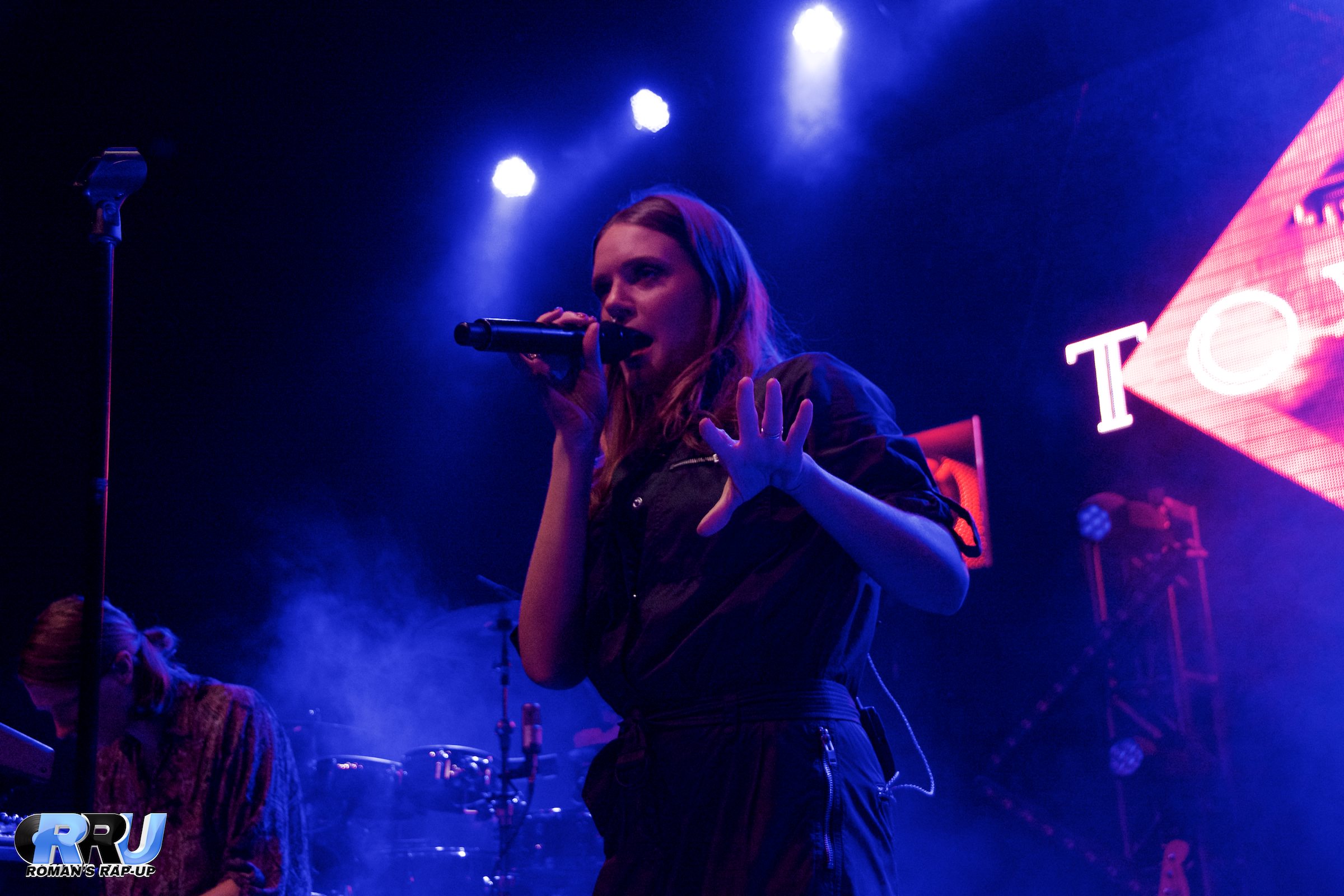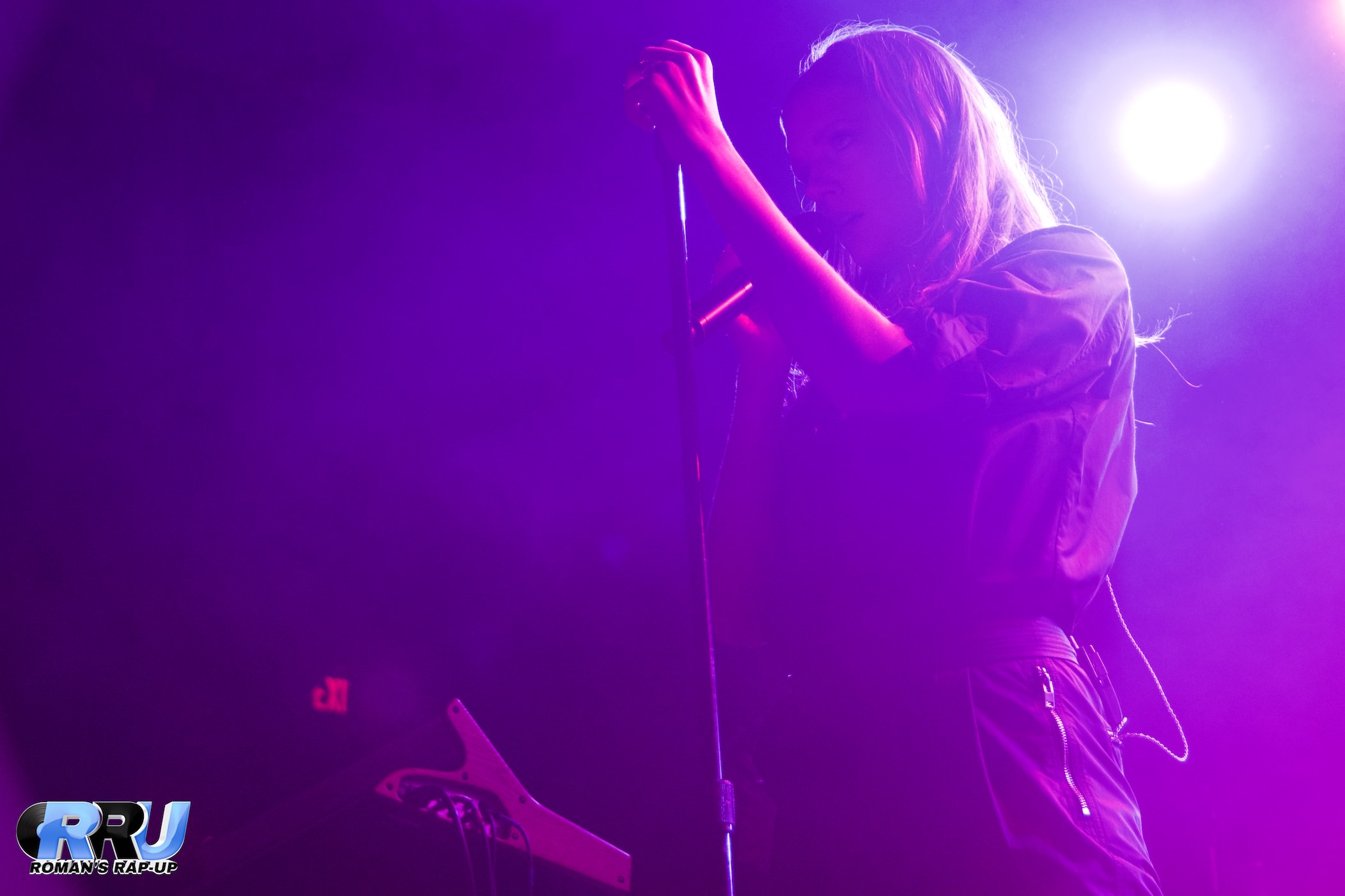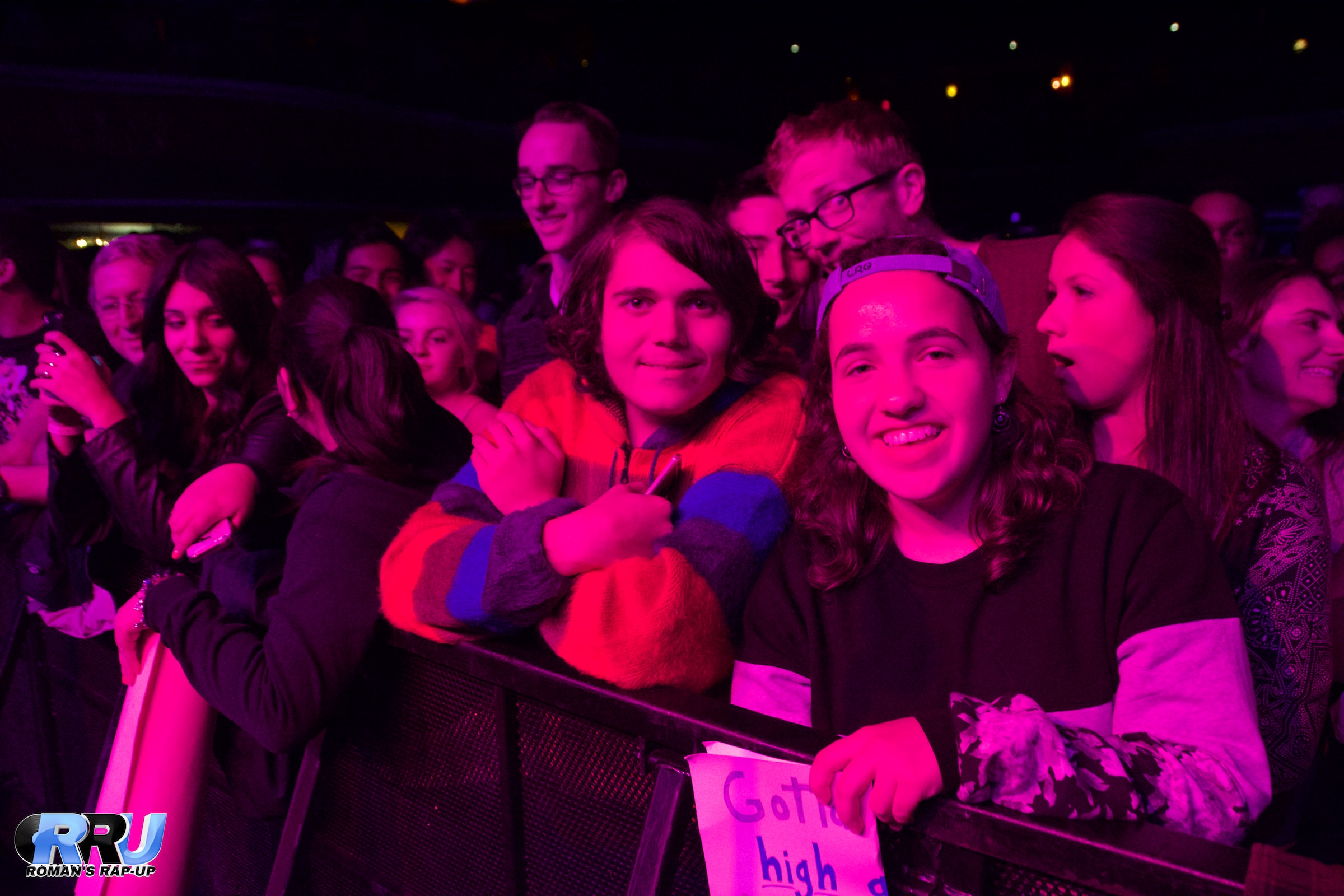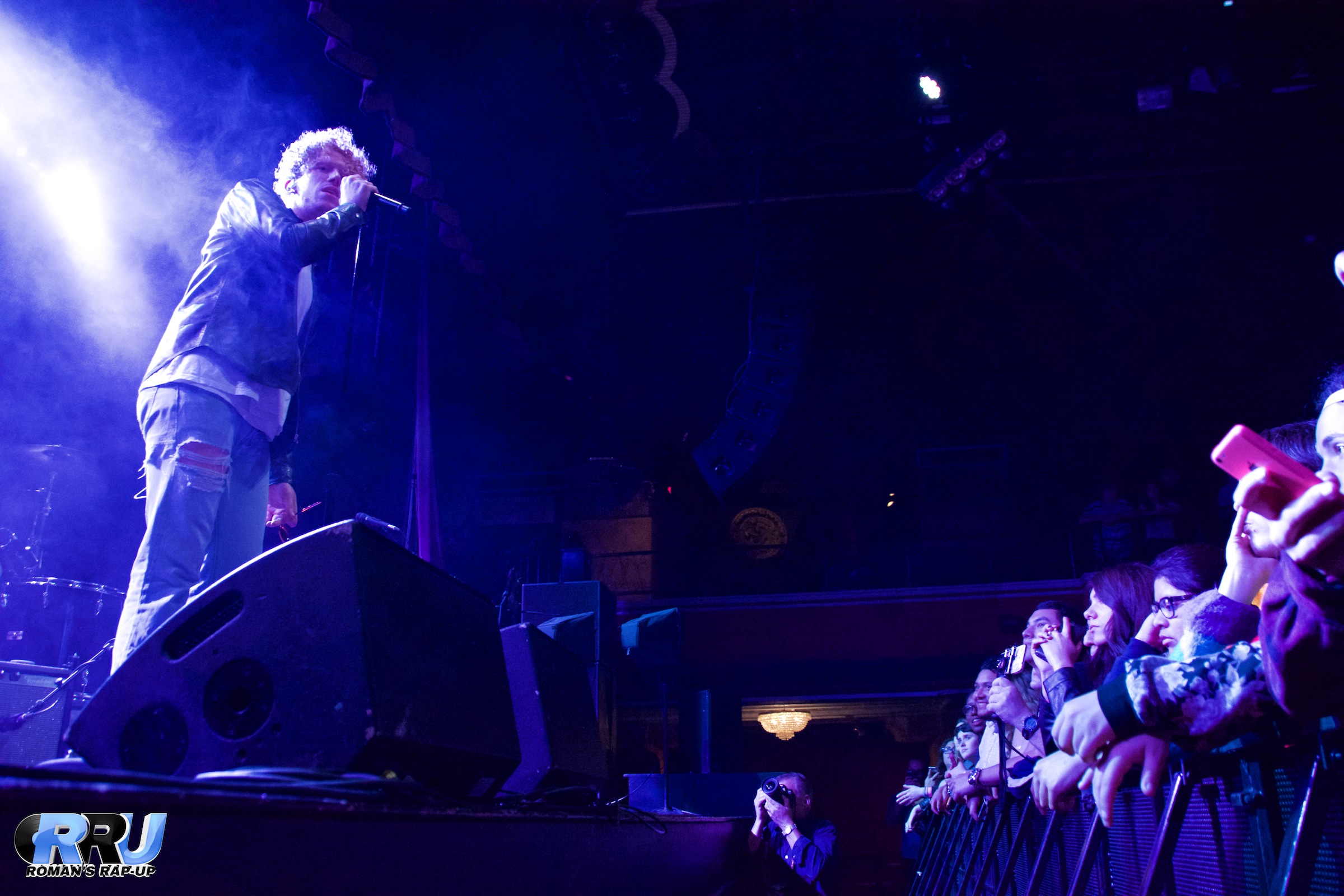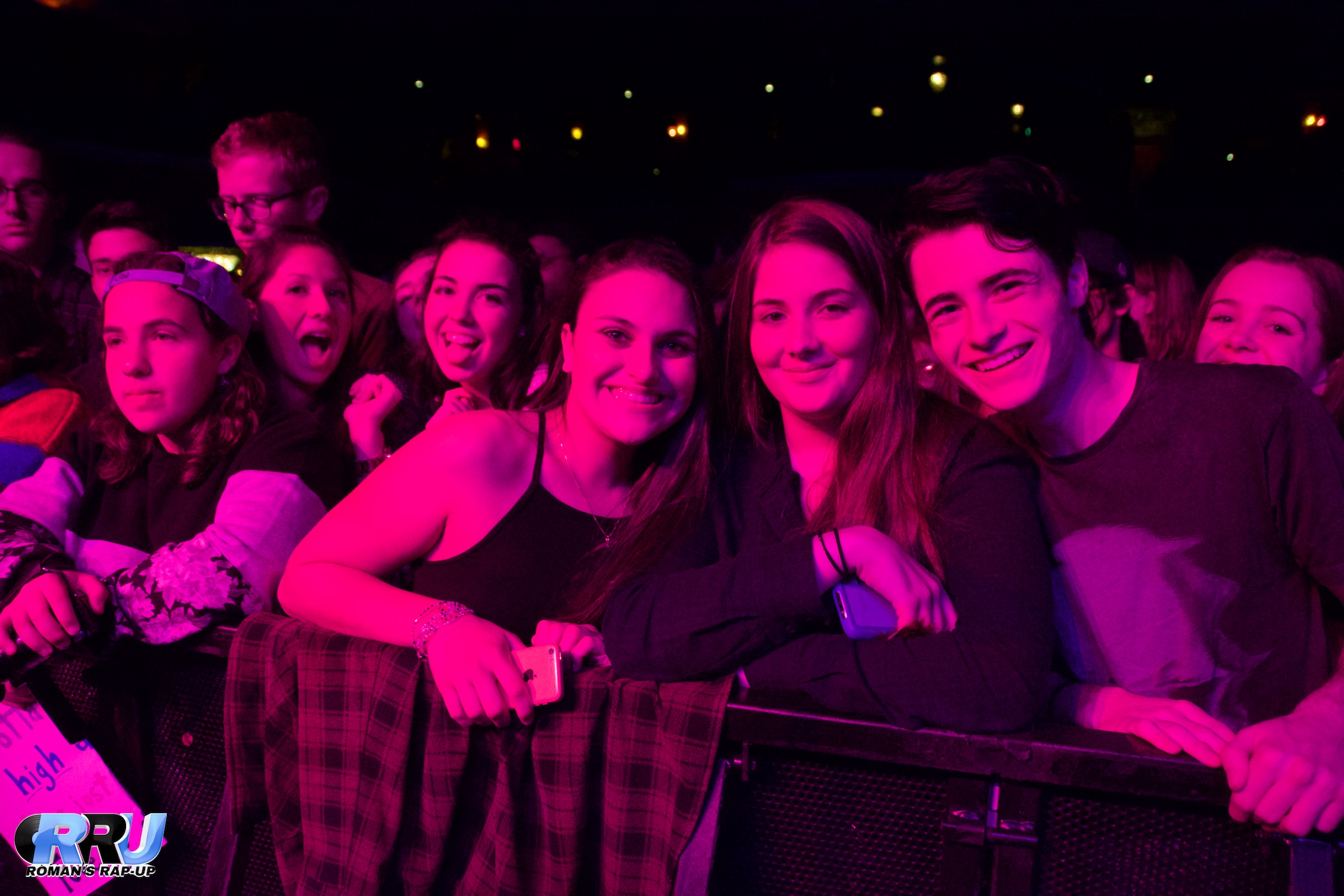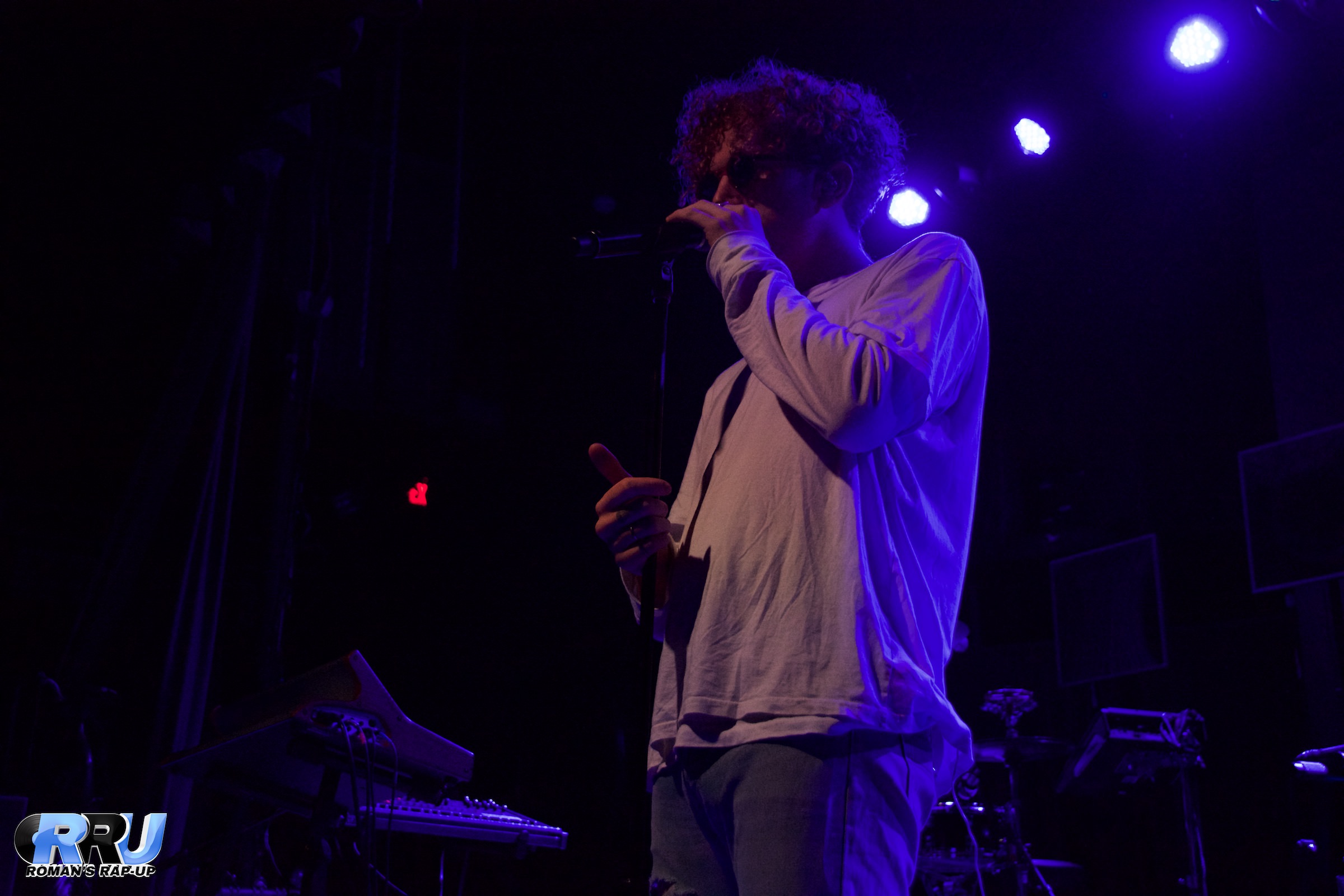Album Review: Demi Lovato Finds Self Love & 'Confidence' on Smash New Album
/Confident album cover (Hollywood Records/Island Records).
Demi Lovato's development through her music career has been a roller coaster. From her Disney start to admittance of self-harm, Lovato has demonstrated the strength that a woman in the spotlight must have in order to grow past her obstacles. Her new album, Confident, is Lovato's version of a promotion of that strength and self love she has found through her journey. The album includes the summer smash, "Cool for the Summer," as well as her recent hit, "Confident." Both singles promote the ‘ballsy,’ vibrant vibe that the rest of the album procures. Confident also includes features from other strong female artists including Iggy Azalea. From the cover artwork to the lyrics, Lovato seems to be tapping into the prime of her career.
One song that explains Lovato’s journey to a healthier state of mind is “Old Ways.” It’s the third track on the album following her two singles. She begins, “It was fun playing with knives until a blade stuck in the left side of my chest, surprise.” She continues, stating, “And I’ll just keep changing these colors, I’m not in the same place that I was, but if somebody tells me I’ll go back to my old ways, I’ll say no way...” This is Lovato’s blatant argument in her newfound strength and determination to remove herself from the weaker mental and emotional state she used to hold. It is her fight song and “screw you” against the haters and nonbelievers who might doubt her. She argues, “I’m not burning out, I’m not afraid to fall.” This is the perfect song to put on when a listener needs some motivational music. Defiance is the key word to “Old Ways” and is a perfect follow up to her two hits in the beginning of the album.
Lovato’s song with Azalea, “Kingdom Come,” is another powerful song on Confident. Not only does the song portray two strong female voices, it also includes techno/pop backbeats like the rest of the album that create great dance music, as well. The chorus begins with a slow, “You’re my kingdom come,” and concludes with Lovato singing, “Sit me on your throne.” Azalea comes in partway through the song with her rap and beat that adds a sound very similar to her hit with Rita Ora, “Black Widow.”
By far the most vulnerable and sentimental song on the album is Lovato’s last song, “Father.” It explains her emotional status in regards to her broken father figure. In addition, Lovato describes a mix of hatred but understanding for his weakness that created the separation from her as a child. The song is slower and much less dance-party than the rest of her album. The song also hints at his death and recognition of his place in heaven. The open, emotional wound he has left is something that touches the listener and creates a contrast to the powerful defiance of “Old Ways” and “Kingdom Come.” “Father” also displays the range and beauty of Lovato’s voice. Her vocal quality is impressive to say the least, and the ballad offers her fans a full experience of this.
Confident is exactly what the album title’s name implies: it is Lovato’s growing confidence as an artist, female, and fighter. Everyone has obstacles to conquer in life, and she had to go through hers under the bright spotlight of fame. However, Lovato has come out the other side stronger than ever musically and personally. Fans will enjoy the album as a dance, pump-up playlist but also as a tap into her emotional growth and understanding.




